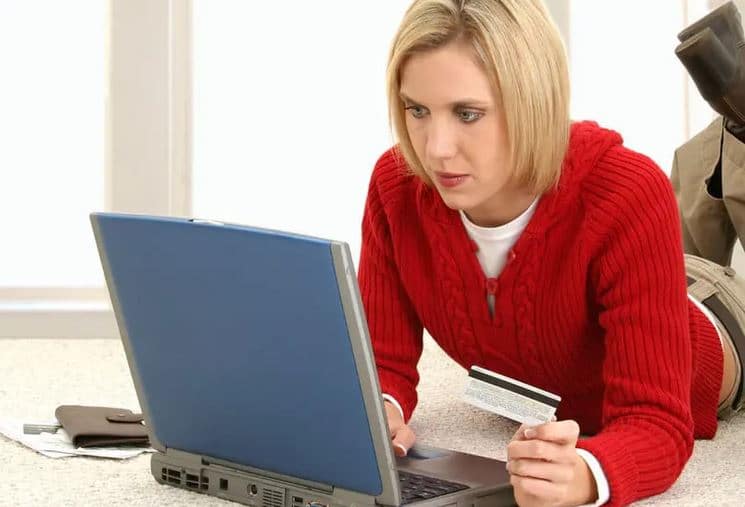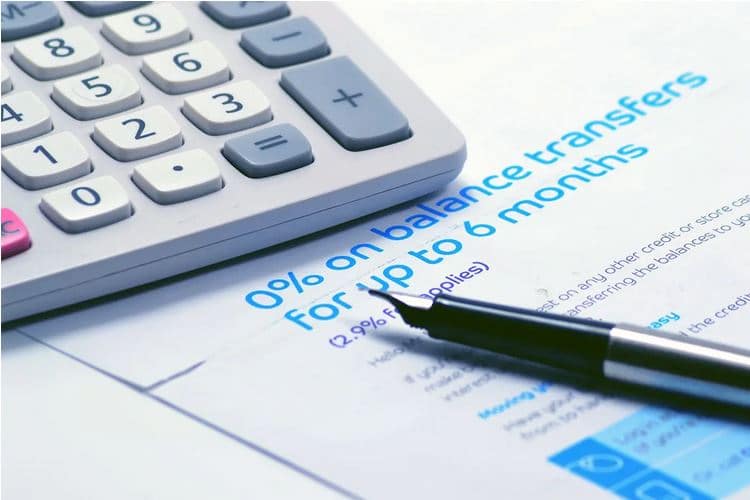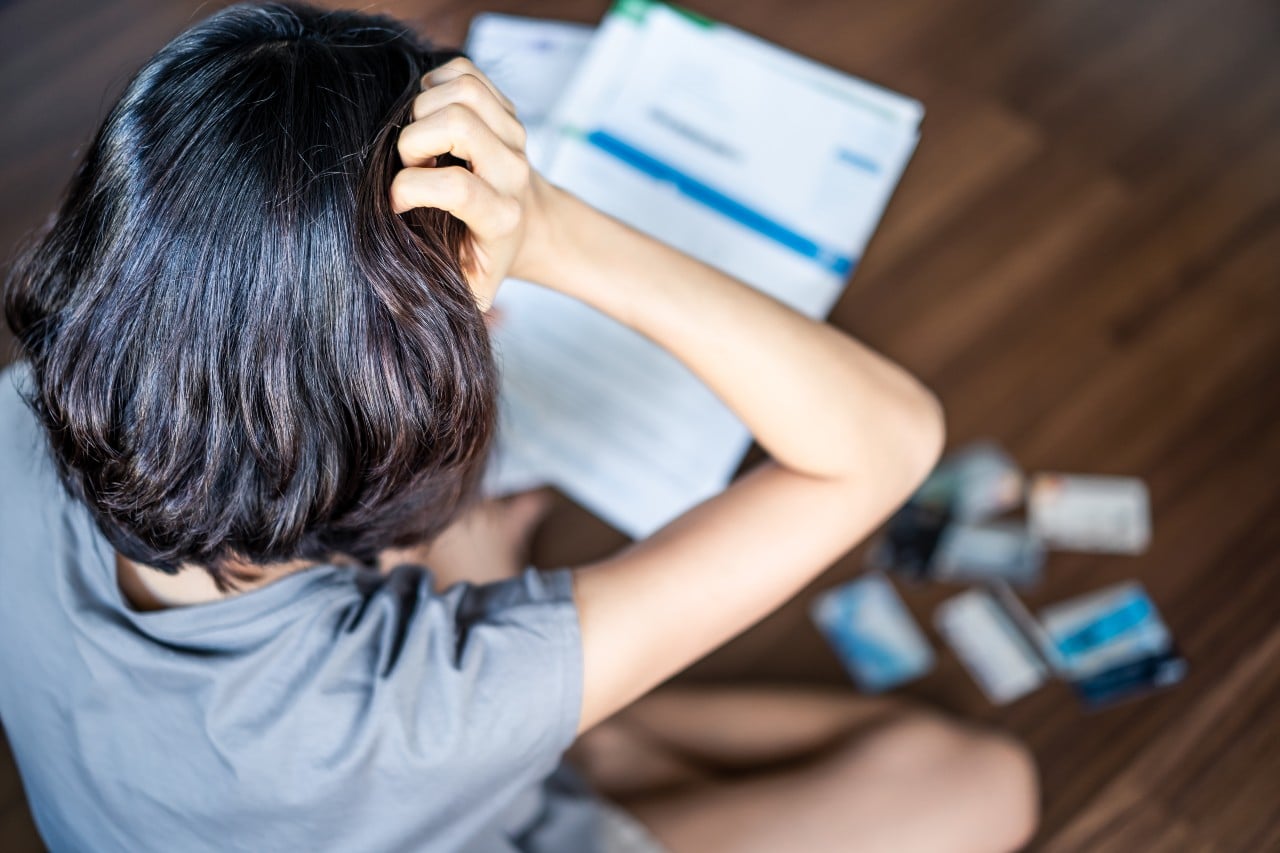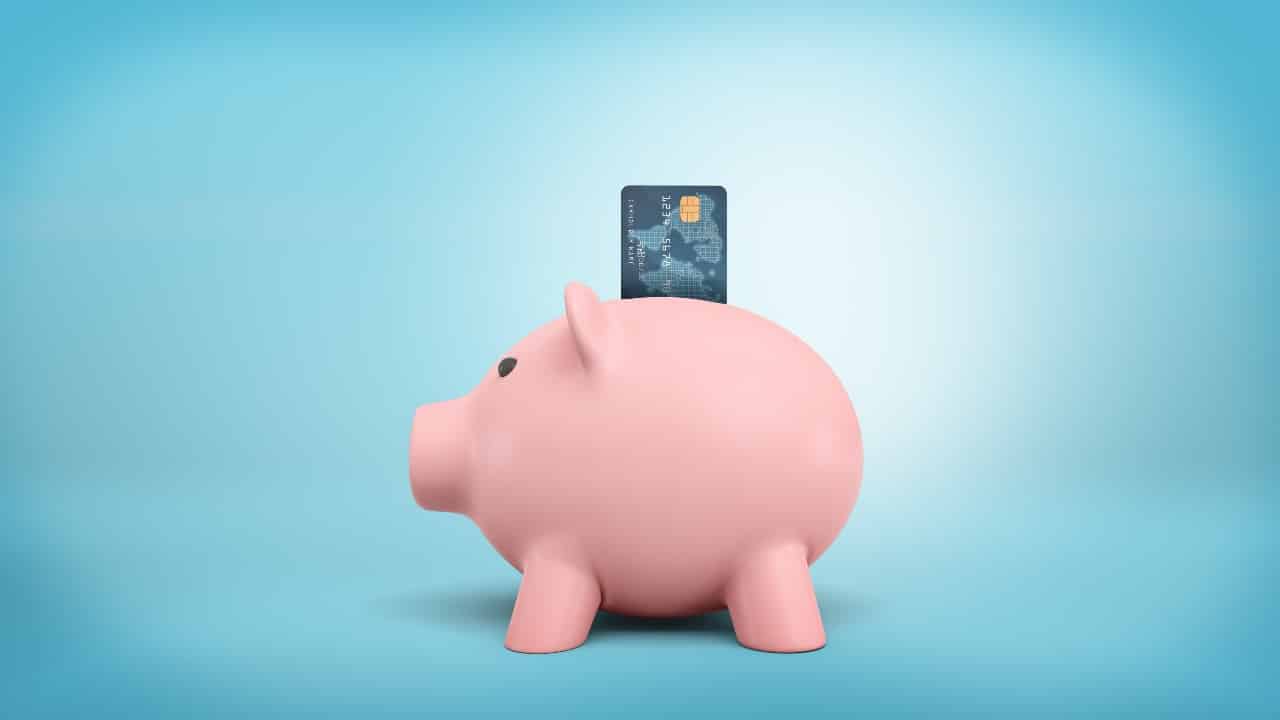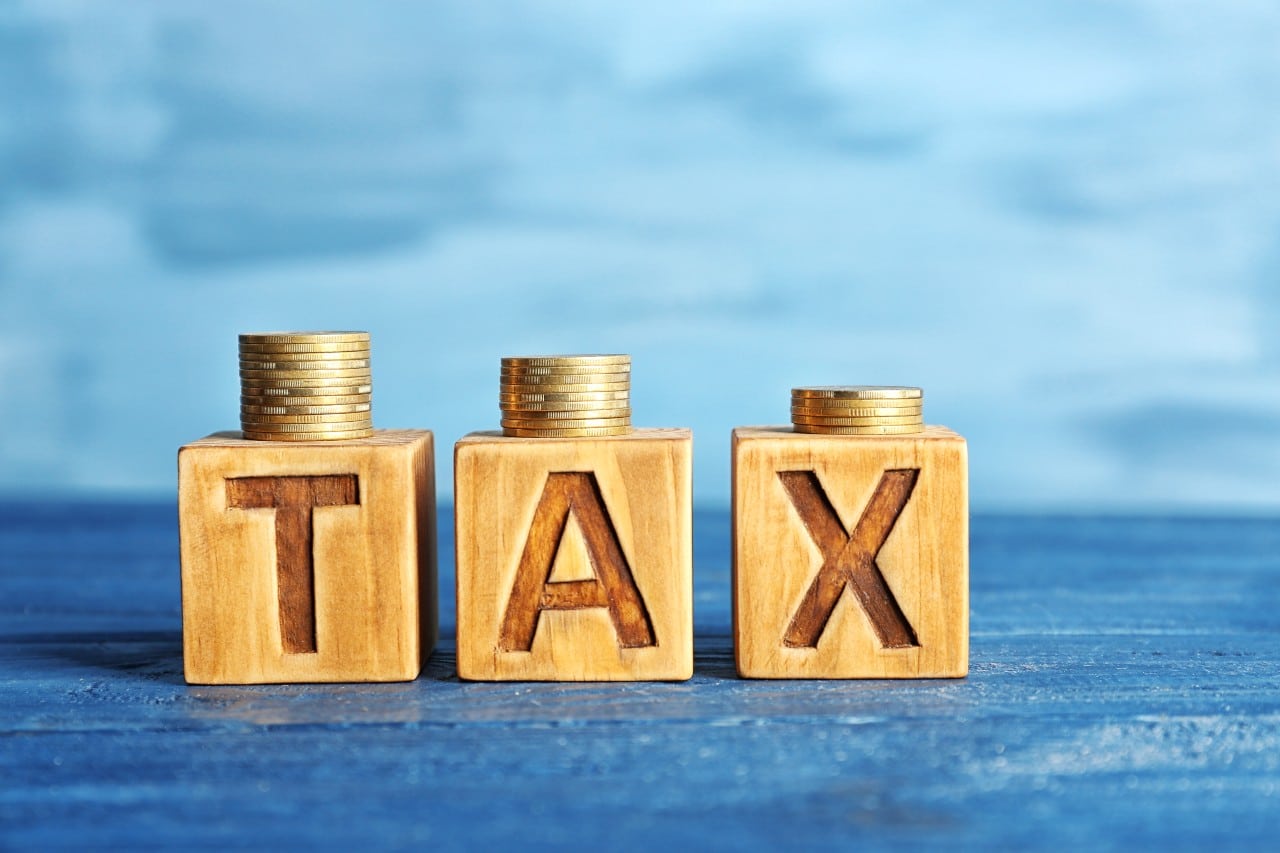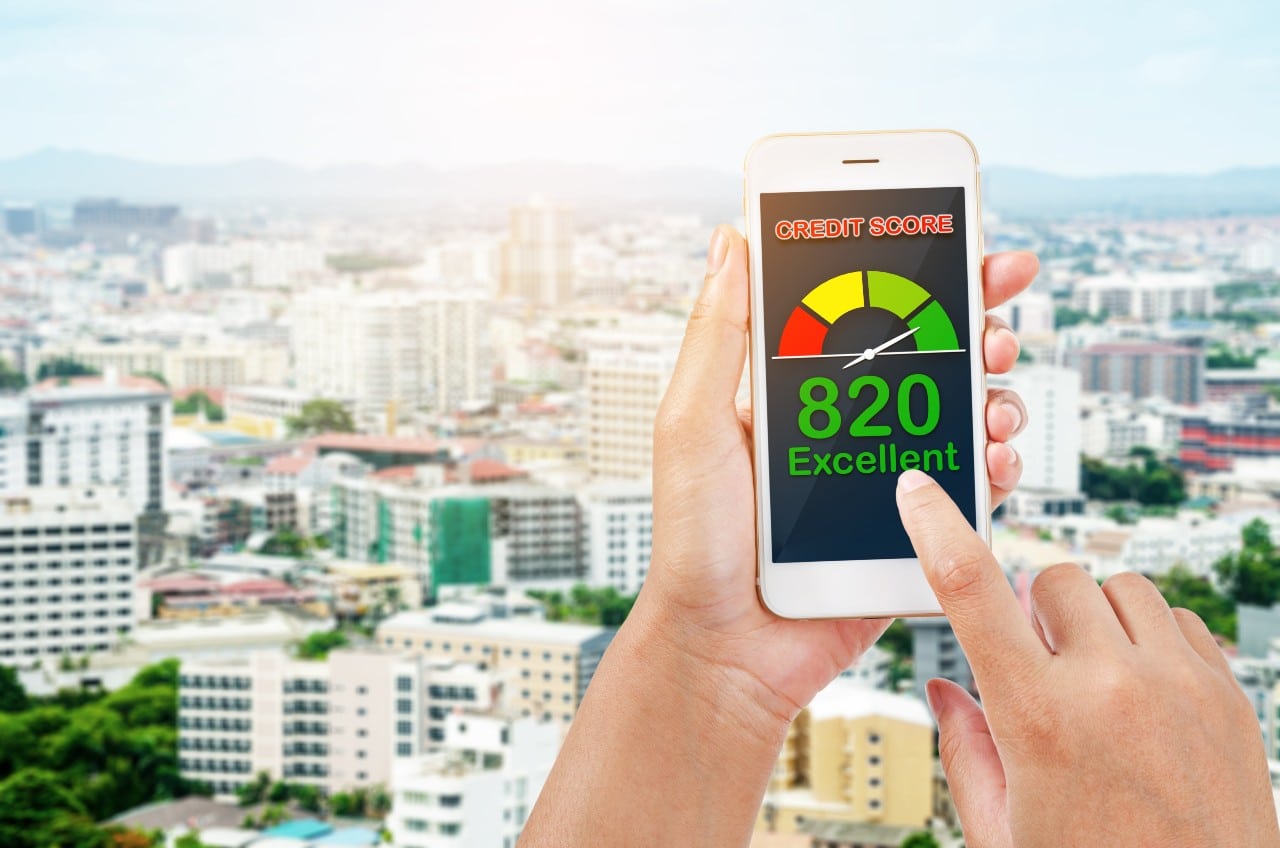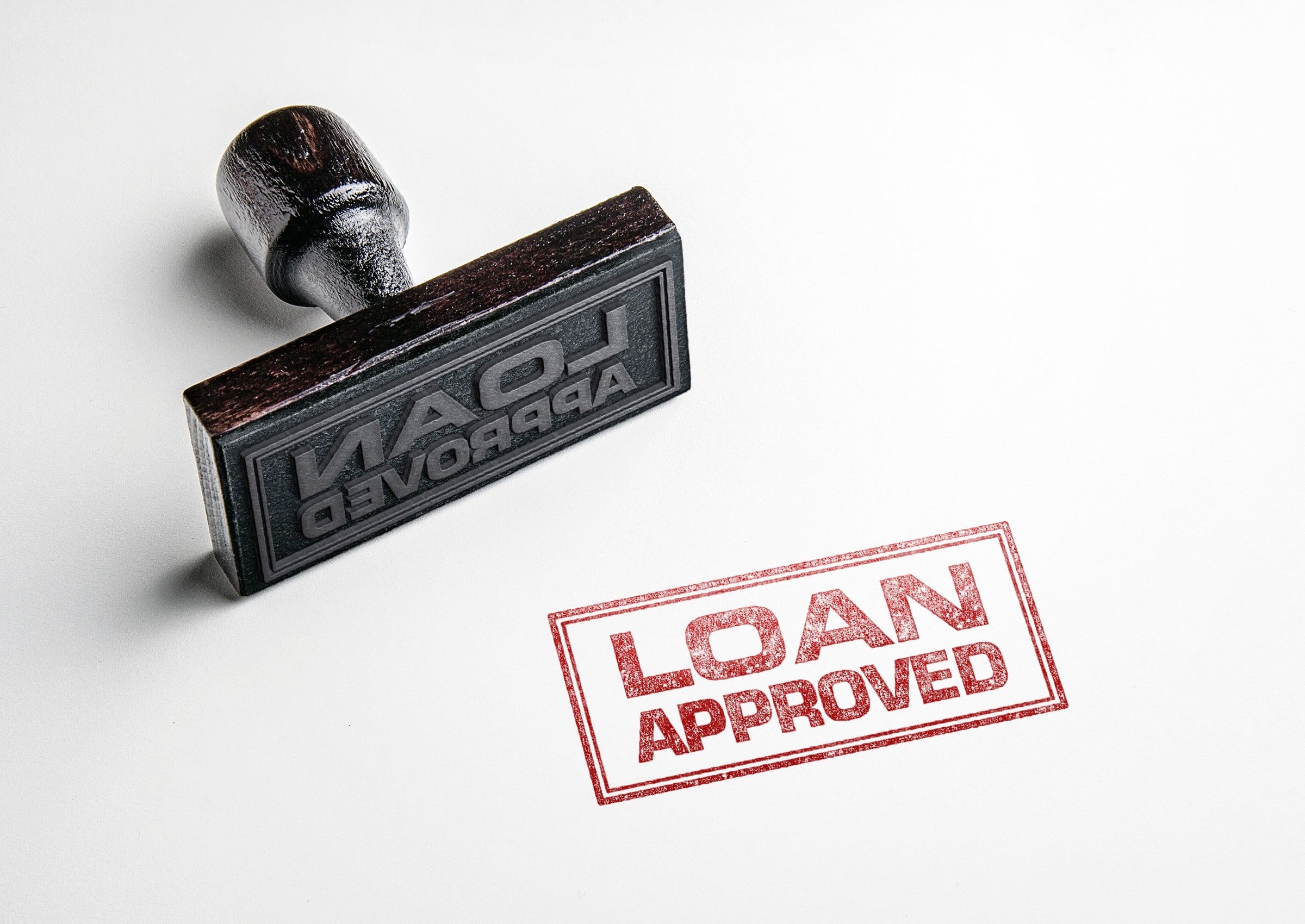Debt solutions are great in that they help people take back control of their debt, but they come with their challenges. One of them is that many of them require closing any credit accounts included in the program. Our reader, Kale, asks about solutions, specifically, if getting a prepaid credit card is a good idea. Accredited Financial Coach, Sherry, walks us and Kale through the options.
The question
My wife and I were struggling with keeping up with our credit cards so we got a consolidation loan. We didn’t realize that as part of the process, our credit cards were going to be closed. While things are better, I’m worried about making it through without a credit card, especially, when my work requires me to travel a lot. Everywhere I read says that it’s not a good idea to apply for another credit card after doing a consolidating loan. Any suggestions on what to do? Would a prepaid credit card be a good idea?
KAle J., Toronto, ON
The answer
Great question!
A consolidation loan can be a great step to regain control of your finances. However, they can make deciding whether to use a credit card again can be tough. This is especially true if you’ve relied on credit cards for emergencies. Credit cards can lead to overspending, but not having one might make it tricky to cover certain expenses. This is especially true when travelling or shopping online. Let’s dive into when it might be a good idea to get another credit card, when it might not be the best choice and when you might choose a prepaid credit card.
When to get another credit card
It’s not always easy to know when the right time is to get another credit card. You might think having one will help, but it’s also easy to fall back into the habit of racking up debt. Here are a few things to get in place before deciding to apply for another card.
Understand how you got into debt
Accumulating debt can happen gradually, often without realizing how quickly it’s growing until it feels overwhelming. Understanding how you ended up in this position can help you avoid falling back into debt. Maybe it was a job loss and you used credit for your everyday expenses. Maybe it was an unexpected expense like a car repair or little indulgences that added up over time. Or it could be a reaction to stress caused by shopping. Whatever the reason, understanding how you ended up in debt helps you make sure you don’t fall into the same pattern again.
Make your payments on time
If you’ve been making all your payments on time, including any loan payments, it’s a good sign that you’re managing your money well. This shows you’re less likely to depend on a credit card for everyday expenses. However, if you’re struggling to pay bills on time, that might be a sign that your current income isn’t enough to cover your lifestyle. Adding a credit card into the mix could lead to more financial stress.
Save for both planned and unplanned expenses
Sometimes, it feels like you’re managing your day-to-day expenses just fine, but then an unexpected cost comes up, like a car breaking down, or you suddenly remember that holiday gifts or a wedding present need to be bought. If you don’t have money set aside for these types of expenses, it’s easy to turn to credit cards.
To avoid this, start saving for both planned and unplanned expenses. Think about what you typically spend each year on things like gifts, house maintenance, and car repairs. Add it all up, divide the total by 12, and set that amount aside in a savings account every month.
Build an emergency fund
One of the most common reasons people get into credit card debt is because they use it to cover emergencies. Instead of relying on a card, focus on building or replenishing your emergency fund. This fund is there to help you cover unexpected expenses without needing to borrow money. A good rule of thumb is to save up to three to six months’ worth of living expenses.
Find ways to manage stress without spending
Having a plan to stay on track with your finances is one thing, but sticking to it can be challenging, especially when stress hits. Often, people make poor financial decisions when they’re feeling overwhelmed, as stress affects their ability to think clearly and make logical choices. Having some daily habits like exercise and meditation can keep stress spending in check.
When to not get another credit card
Money mindset is complex. Overspending can come from more than just stress. For example, you might feel pressure to “keep up with the Joneses” or have ingrained habits from childhood that normalize spending beyond your means. Some people believe they’re just “bad with money,” leading to a self-fulfilling prophecy.
If you think you might have trouble controlling your spending with a credit card in your wallet, it’s best to trust your instincts. You might need to work on your money habits with a financial counsellor before applying for another card.
Start with a prepaid card or Visa Debit
If you’re not ready to get a traditional credit card but still need one for travel or online purchases, a prepaid credit card is a great alternative. With a prepaid card, you load money onto it and spend only what’s available. This can help you get used to managing money without the risk of going into debt. The credit card company won’t do a credit check or check your credit history because you are not actually borrowing money.
Keep in mind that prepaid cards won’t help you improve your credit score, but they can be a useful tool while you work toward better financial habits. You can transition to a regular credit card with a low limit when you’re ready. Prepaid cards may come with some small fees, but these are usually much less than the interest you’d pay if you overspent on a regular credit card.
There are even some prepaid credit cards that have an app to help you track your balance. There are no annual fees or transaction fees but some have a small setup fee, monthly fee, cash loading fee and cash withdrawal fees – so do read the fine print before getting started.
Additionally, many banks offer Visa Debit or Debit Mastercard. They let you use your debit card like a credit card for most purchases. Often, the money comes right out of your checking account.
Secured Credit Card
When you are ready for a real credit card, if you have trouble getting approved for one – an option is a secured credit card. You give the credit card company a deposit that acts as collateral, based on the credit limit of your card. They keep the deposit as long as you keep the card. The card acts as a regular credit card and helps you build back your credit score by making payments on time so that you can eventually qualify for an unsecured credit card.
Conclusion
Dealing with debt and consolidation loans can feel stressful, but by taking the right steps, you can get back on track and avoid falling into the same situation again. While working on rebuilding your financial habits, using a prepaid credit card for necessary purchases can help you avoid further debt. Over time, you can regain control of your finances and be better prepared for future expenses.
Good luck! Never be afraid to ask for help!
Have a financial question you’d like answered?
Post the question to our Facebook page and we’ll get one of our experts to answer it! We’ll post the response right here in our blog section.


